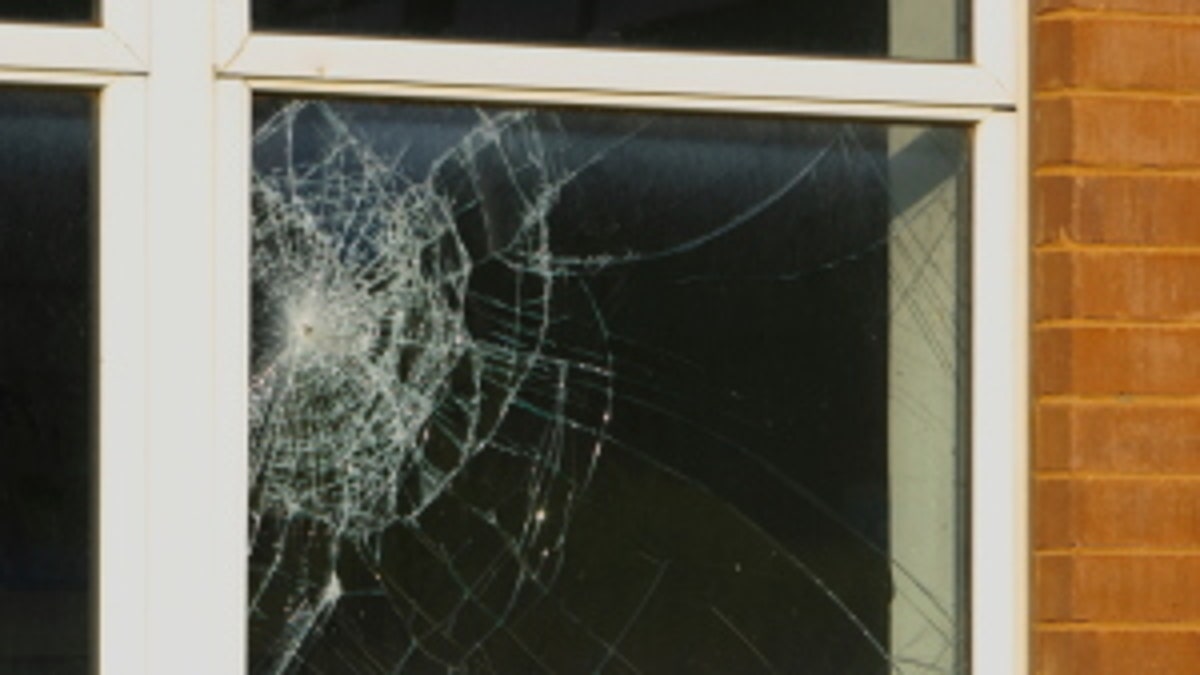
Before you rent out your place, you should know what your responsibilities are.
Being a landlord can be tough. On top of juggling taxes and investing your time and money into getting your place rented, you also have to keep your tenants happy.
Before you rent out your place, you should know what your responsibilities are.
The basics
Landlords are required to offer a dwelling in habitable condition. On the most basic level, this means a sound structure with hot water, heat, working locks, and sound plumbing and wiring.
Aside from the basic responsibilities, rental laws and landlord obligations vary by state. For example, in California all rooms require a window, but that's not the case everywhere else. It's your responsibility to read up on your local landlord-tenant laws.
Major and minor repairs
There are two types of repairs: major and minor.
As a landlord, you're responsible for major repairs, which can include the following:
- Busted pipes
- Broken windows
- Water heater or furnace issues
- Broken toilet (particularly if it's the only toilet)
- Inoperable security features
- Pest infestations
As long as major repairs are not the tenants' fault, you have to foot the bill. However, if the tenants broke a window when moving furniture or left the house so dirty it became infested with mice, you can send them the bill.
Minor repairs are things such as stained carpets, holes in screen doors, creaky floors, and noisy pipes. If a repair isn't endangering the tenants' health or safety, you don't have to make it.
Paying for repairs
If you like, you can have your tenants make some repairs and credit the money toward their rent. Say a new deadbolt needs to be installed and it will cost $45. You can ask your tenants to do it; if they agree, you'd deduct $45 from their rent that month. Draw up a document that states the amount billed and have them sign it to protect yourself from future disputes.
Some repairs may become the tenants' problem if they neglect to inform you. For example, if the tenants fail to report a central air unit upstairs leaks, causing water damage to the ceiling downstairs, your tenants might be responsible for the subsequent damage. Encourage your tenants to report any maintenance issues.
Add-on features
Some add-ons aren't legally required to be fixed if they break. Refrigerators, dishwashers, washers, and dryers fall into this category. Make it clear in the lease that as long as the tenants properly maintain the appliance they can use it, but if it breaks, you don't have to repair or replace it.
If you don't make it clear, you can enter a gray area and tenants might believe you're required to make the fixes, withhold rent, and create an adversarial relationship.
Security
You have to offer your tenants basic security. The rules vary by county and state, but these are the most common security features:
- Interior deadbolts
- Lockable windows
- Entry door peepholes
- Working smoke detectors
In some areas you can be required to provide additional security features if requested. In New York City, for example, if a tenant requests window guards, the landlord has to install them.
Maintenance
Landlords aren't responsible for all outdoor maintenance on single-unit dwellings. You don't have to mow the lawn or shovel snow, although you'll want to keep your property looking sharp. However, for multiunit apartments, snow removal is the landlord's responsibility.
If you happen to own a rental in a homeowners association community, be sure to enforce your community's rules for maintenance. If your tenants don't abide by the rules, then you -- not the tenants -- will face a fine.
You may or may not have to provide trash removal for single-family units. In some counties, trash removal is rolled into sewage and water service -- so if you're not paying that, you don't have to pay for trash removal. For multifamily units, it's your responsibility to provide a dumpster and arrange for pickup.
If you own a multiunit apartment, you have to keep the stairwells, lobby, and communal areas reasonably clean.
The post What Are My Responsibilities As a Landlord? appeared first on Real Estate News and Advice - realtor.com.







































